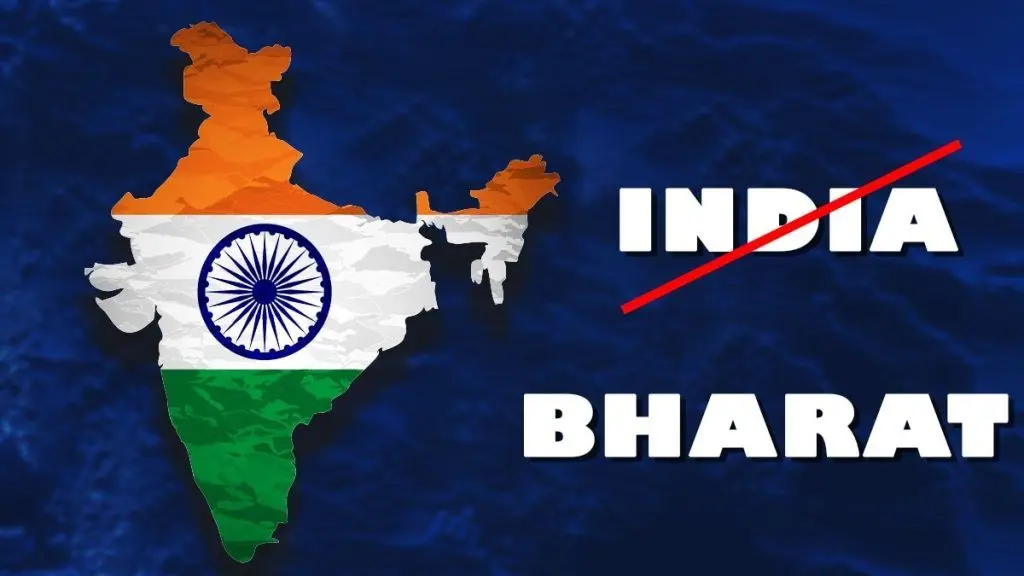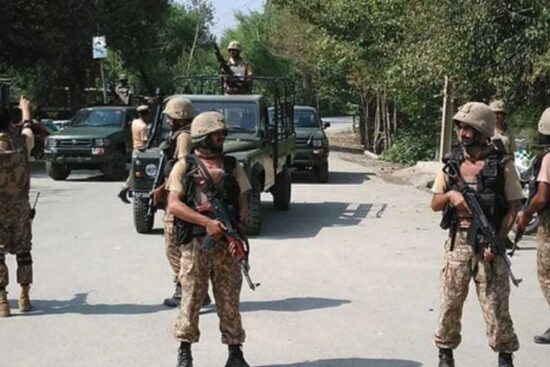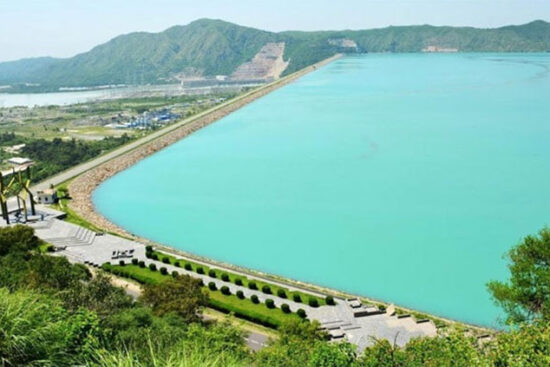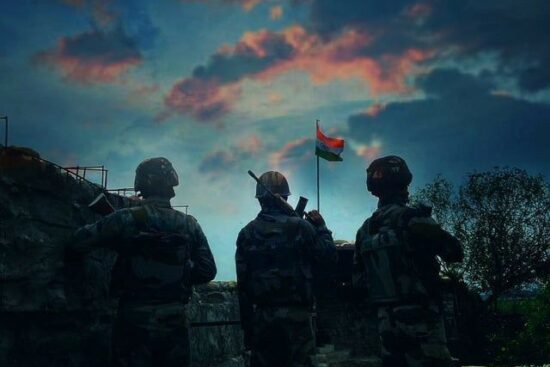
The G20 Conference, which brings together the top 20 economies in the world, recently took an unexpected turn when Indian Prime Minister Narendra Modi suggested relegation of India to ‘Bharat.’ Political leaders, opposition parties, and intelligentsia within India and beyond reacted differently to this move, which has stirred national and international apprehensions. Other key political changes in India, such as the movement for “One Country, One Election,” changes to the federal government, and the opening of the Ayodhya Ram Mandir, are synchronized with this vicious concept of RSS coined agenda of “Akhand Bharat”. It was anticipated that the 2023 G20 meeting in India would provide a forum for world leaders to debate urgent global issues, but it unexpectedly turned into the focal point of a political uprising within India.
The dispute started when summit invitations referred to the nation as “Bharat” rather than the traditional “India.” India’s renaming to Bharat has long been a topic of discussion. The central government rejected a name change in 2015, arguing that the topic had received considerable thought during the Constitution’s drafting stage. These legal precedents complicated the debate by implying that any attempt to change the country’s name would necessitate a constitutional amendment, which would be a difficult and drawnout procedure.
Some people believed that the government was making an effort to gradually change the name of the nation from “India” to “Bharat.” Given the Modi government’s prior efforts to separate India from what it viewed as leftovers of British colonial control, this notion was not wholly without merit. Renaming streets, buildings, and even islands with names connected to colonial lords was part of these initiatives.
Concerns raised by the opponents went beyond the name change itself. INDIA (Indian National Developmental Inclusive Alliance) was founded in July by the leaders of 26 opposition parties in India with the primary goal of taking on Prime Minister Modi in the forthcoming general election in 2024.
This coalition attempted to support nationalism and defend India’s democratic institutions, which they saw as being threatened by the Modi administration’s policies. The government’s promotion of Hindu nationalism, its assault on dissent, and its growing control over democratic institutions were some of the main problems that the opposition highlighted. Both opposition parliamentarians and human rights organisations had voiced these concerns.
The Modi administration’s rebranding push extended beyond just the G20 invites. A thriving metropolis in northern India was among the towns whose names the ruling Bharatiya Janata Party (BJP) leaders changed in the past. The country’s colonial past should be completely forgotten, according to the authorities.
The names of many of the locations considered for renaming, according to detractors, sounded Muslim. This increased worries that the administration was working towards a divisive goal because Muslims in India in general and Kashmiri Muslims in particular were being targeted more frequently during Modi’s rule.
The opening of the Ram Mandir in Ayodhya, which is slated for January 2024, is another momentous occasion approaching. For many Hindus in India, this event had immense symbolic significance and had long been a source of conflict. Prime Minister Modi’s decision to move his cabinet to Ayodhya for a week during the inauguration further fuelled speculation about his government’s priorities and agenda.
The change from “Bharat” to “Akhand Bharat” represents a comprehensive vision with consequences that go beyond India’s national boundaries. Others express concerns about the potential geopolitical and strategic repercussions of this idea, while some defend it in reasons of cultural and historical unity. This change has sparked internal political conflicts, but it also raises concerns about India’s ambitions for the area and its place in South Asia. It is crucial to take into account the broad ramifications of this shift as the discussion continues, both domestically and in the larger context of regional dynamics. The idea of “Akhand Bharat” embodies a nuanced aspiration that has the potential to profoundly alter South Asia’s geopolitical environment.
Growing concern with India’s course may be seen in the opposition’s development of the India coalition and its criticism of the government’s policies. It is unclear how these complicated problems will affect the impending general elections in 2024 and the direction of Indian politics as the nation struggles with them. In the end, the argument over India’s name and identity mirrors the larger difficulties of balancing a multicultural and historically complicated country in a globe that is changing quickly.
–The author frequently contributes on issues concerning national and regional security, focusing on matters having critical impact in these milieus. She can be accessed omayaimen333@gmail.com
Courtesy by Omay Aimen – The Nation

















Leave a Reply